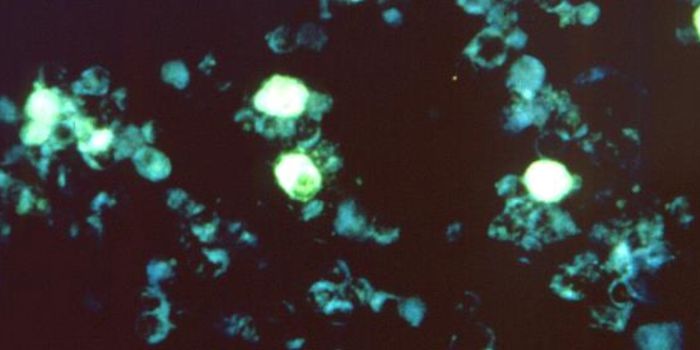A missing copy of a region in chromosome 16, a mutation associated with autism, will always cause a 25-point drop in IQ, scientists say. Will the deletion cause autism every time? Not necessarily.
Autism is a spectrum disorder, meaning that a diagnosis could be either for a severe form or more mild form of the disease. Scientists believe multiple factors contribute to the development of autism. In addition to the 25-point drop in IQ that results from a deletion in chromosome 16, an abnormal addition in the same region causes a 16-point drop. Carriers of this mutation sometimes develop autism, but they also can show zero symptoms. Even more, there is a big difference in behavior between carriers with the same deletion or addition.
In the recent University of Montreal paper published in
JAMA Psychiatry, scientists led a study where 700 family members were observed, each with at least one relative carrying the same genetic mutation on chromosome 16. The researchers found that even in study participants with the chromosome 16 deletion that appeared “normal,” they still had an IQ 25 points lower than their non-carrier relatives.
"No single mutation can cause the whole set of clinical signs shown by these [autism] patients," said geneticist Sébastien Jacquemont. He regularly diagnoses children with autism.
Just as someone with a chromosome 16 deletion is not necessarily destined to develop autism because of the multitude of other factors that make an impact, the deletion can also be the tipping point for someone who also has other predispositions to the disease. “Depending on the additional factors involved, a 25-point IQ drop can determine whether or not a person has crossed the threshold of 'intellectual disability,’” Jacquemont explained.
Prevalence of autism spectrum disorder is up from 6.7 percent of children in 2000 to 14.7 percent in 2010 (
CDC). However, also increasing since 2000 is the Autism and Developmental Disabilities Monitoring (ADDM) Network, a group of programs funded by the CDC to report the number of children in the United States with developmental disabilities like autism. Moreover, diagnoses are increasing because scientists are gaining more insight into the various sets of symptoms that indicate a child’s place on the autism spectrum and more agencies are keeping track of these children. The increase is not because of some environmental factor that is causing an increase in autism development.
Source:
University of Montreal









